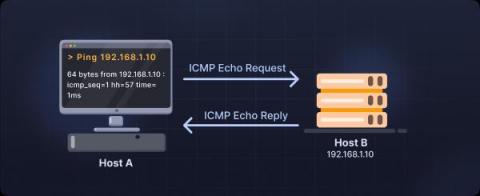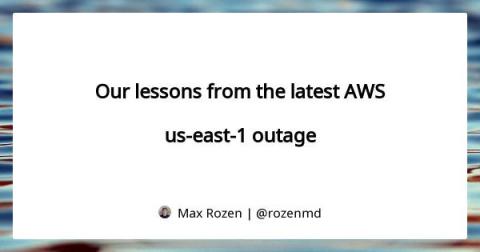Ping Test for Network Connectivity: Simple How-To-Guide
Reliable network connectivity is paramount for uninterrupted communication and efficient data transmission. The ping test is a valuable tool to assess network connectivity, identify potential issues, and troubleshoot them effectively. If you're seeking to troubleshoot network issues or test connectivity between hosts, this comprehensive guide offers step-by-step instructions and valuable insights for performing an effective ping command test.











